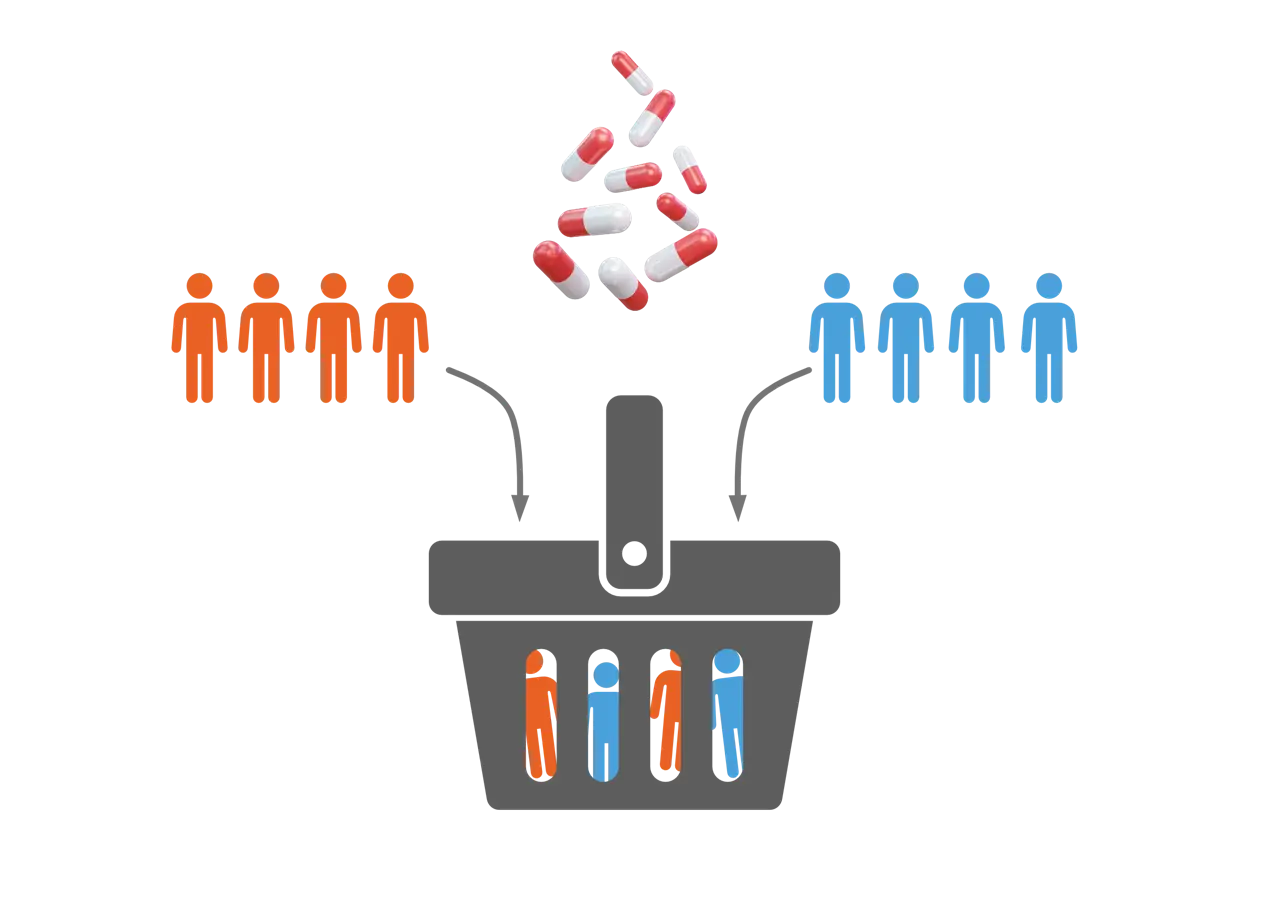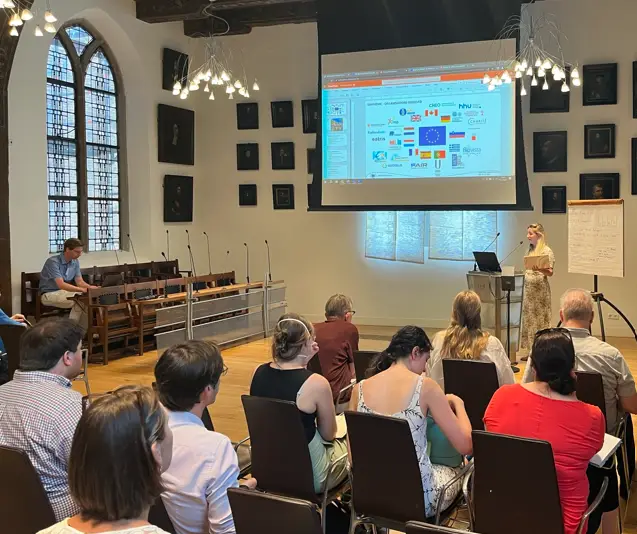SIMPATHIC
Clinical Research
Innovative trial designs & new outcome measures to accelerate drug repurposing
Where current clinical trials in rare diseases are performed for one specific disease, SIMPATHIC introduces the ‘basket trial’ concept: repurposing drugs simultaneously for more than one rare disease. The genetic basis may differ, but patients are included based on common clinical manifestations that can be linked to shared pathomechanisms.
The concepts of basket trials and master protocols are rather new to the rare disease field, with some initial designs described. We will test the effectiveness of one already validated compound on two or more well-defined neuro-RD patient groups, with distinct genetic etiology but with shared clinical symptoms and molecular mechanisms.


Collaborating for accelerating drug evaluation of rare diseases
Given the challenges in clinical evaluation of drug effectiveness for rare diseases, we aim to accelerate this path using an innovative basket trial design to investigate the effectiveness of one repurposed drug in different patient groups to shorten the clinical development time by at least 1-2 years.
With our SIMPATHIC partners in Germany (Charité, Berlin & Uniklinik Düsseldorf), The Netherlands (Amsterdam UMC, Radboudumc Nijmegen), Canada (Children’s Hospital of Eastern Ontario, Ottawa), we are currently preparing a basket trial to start in 2025 in close collaboration with the patient organizations MitoPatients and Myotonic Dystrophy Foundatione disorders with shared symptoms and cellular phenotypes aims to accelerate drug discovery for rare diseases. We developed a drug screening scheme to identify repurposing candidates with the potential to be effective in several disorders.
Ready to collaborate in the SIMPATHIC basket trial?
We are currently preparing a basket trial to test a selected compund in molecularly confirmed Leigh syndrome (due to mt-ATP6 mutations) and Myotonic Dystrophy, using Goal Attainment Scaling and personalized outcomes measures. If you are a clinician with patients with Leigh syndrome or Myotonic Dystrophy, we are interested to hear from you.

